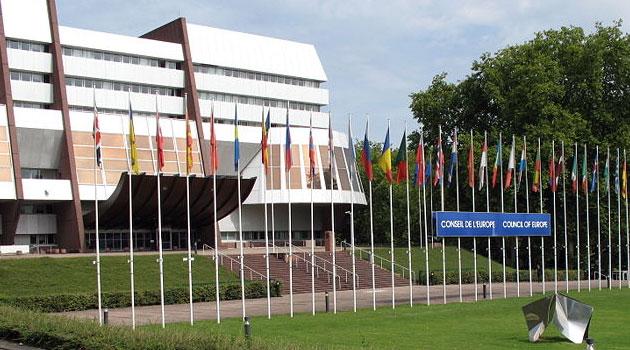Council of Europe: Most Romani people in Europe suffer from poverty and segregation

Most of the 10 million Romani people living in Europe continue to suffer from overwhelming poverty and segregation. Despite European programs to support the integration of Romani people into society, the situation is improving only slowly.
Romani people face daily discrimination on the labor market, in media coverage, and in politics. That is the message of Thorbjörn Jagland, Secretary-General of the Council of Europe (CoE), on the occasion of International Romani Day.
In his statement, Jagland said discrimination against Romani people is most visible in urban areas. Too many Romani people continue to live in ghettos, and many of their children attend segregated schools.
Budgets for municipal services for education, health care and housing are often stretched to their maximum limits, but even so they must include Romani residents. Jagland believes the situation is made more difficult by prejudices about and resistance to Romani people among some sectors of the population.
International organizations, including the Council of Europe and the European Union, have agreed that aid to Romani people must now be targeted at local level. That was also one of the main conclusions of the Third EU Roma Summit that took place last Friday in Brussels, Jagland said.
The Secretary-General went on to say that 1 300 mediators have already been trained by the CoE and EU to counsel Romani people in 20 countries on how to access an education, local government services, and medical care in concrete locations. José Manuel Barroso, the President of the European Commission, said at the summit that it will only be possible to aid the integration of the Romani minority into mainstream societies throughout the European Union by working primarily at local level and only through long-term efforts.
"Society is only as strong as its weakest link," Barroso emphasized. The EC President believes what is needed is not just money, but also the thorough application of EU policy in this area.
Czech Human Rights Minister Jiří Dienstbier admitted last Friday in Brussels that the situation regarding Romani people in the Czech Republic is not improving because of the economic crisis. "The number of socially excluded localities has increased, but that does not mean that nothing is being done," he noted at the summit, adding that he believed past administrations were not very accommodating in their policy of previously-designed strategies on this issue.